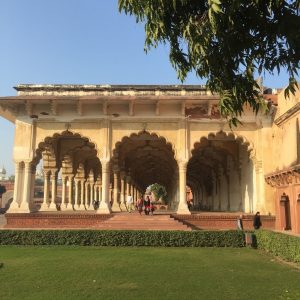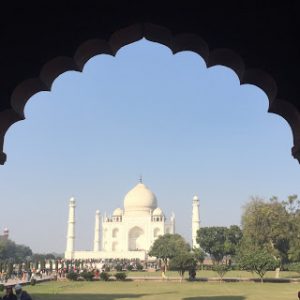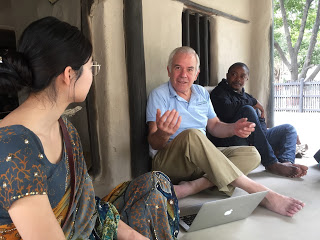Health Series- Part III: Out of the Shadows: Women in Afghanistan
Summary of Just and Lasting Change- Chapter 13, by Associate Professor, Noam Schimmel
**Photos from various Future Generations activities in Afghanistan
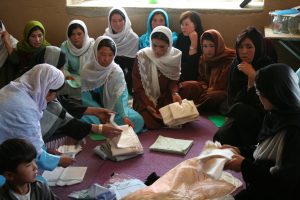
Behavioral change to advance health is often one of the most difficult aspects of the pursuit of development.
Health Series- Part II: Transformative Low Cost Healthcare
**Photos throughout the post are from Future Generations-affiliated CHW programs around India.
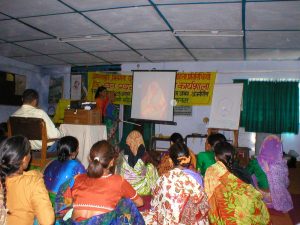
It is possible to provide life saving and life sustaining healthcare at an extremely low cost using well-trained non-professional community health workers.
Health Series- Part I: Communities and Government Learning to Work Together in Peru
__________________
Over the next several months, Equity & Empowerment will be releasing entries summarizing some of our earlier work to give a glimpse of the diversity of our organization and the versatility of the SEED-SCALE method which guides us. There will be 3 themed sets (series), and each set will consist of 4 entries. We hope you enjoy the first installment in our Health Series!
__________________
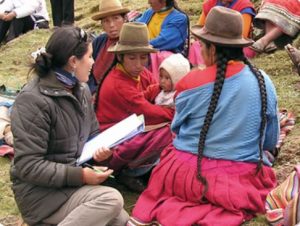
Original work by Laura Altobelli, Patricia Paredes, and Carl E. Taylor
Summary by Associate Professor, Noam Schimmel
SEED-SCALE illustrates how the most significant and sustainable achievements in community development typically result from a combination of bottom-up, top-down, and outside-in interventions. When these approaches work together, synergistically, they create a powerful framework for social change.
In Peru, in 1992, when the Shining Path terrorist group was defeated, villages in the Peruvian countryside looked to create healthcare programming that had been neglected during the many years of civil war and Shining Path attacks.
The Peruvian government was initially oriented towards a traditional top-down approach of bringing skilled doctors and other medical professionals to health centers located outside the villages, with the resulting high costs this would entail.
Mt. Kinabalu: A Borneo Gem
Text & Photographs by Dr. Robert L. Fleming
“Kinabalu can be rightly considered the botanical crown jewel of Borneo, but no short paper can even superficially cover all the gems.”
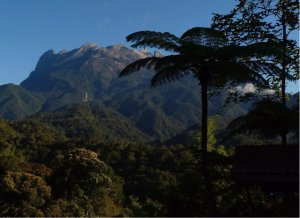
Mt Kinabalu, 4095m (13,435 ft) as viewed from near the Kinabalu Park headquarters at 1524m (5000ft)
Stars dimmed as people gathered in the dark on the summit of Mt Kinabalu to quietly await the dawn. If one has climbed the last 600 meters by flashlight, ascending ladders, and guided over the granite slabs by a pale rope that doubled as a handhold, the sunrise can be quite emotional. Those of us who reached the top early could see the dots of scattered flashlights moving slowly upwards. By the time the fluffy clouds below us glowed an orange-pink, a hundred or so people had gathered on Kinabalu’s 4095m, 13,435ft summit.
Mount Kinabalu is the highest peak in Borneo at 743 km2 (287mi2). Its summit is part of a batholith– a huge granite dome that formed deep within the earth’s crust. Then, some ten million years ago, tectonic activity forced the granite up through overlying sandstone and shale. Now, thousands of years later, these sedimentary layers have eroded away to leave a stunning granitic peak, which is among the youngest stand-alone, non-volcanic mountains in the world. And one that is still rising at an average rate of about 5mm a year with growth spurts often occurring during earthquakes, such as the 6.0 magnitude quake in 2015.


